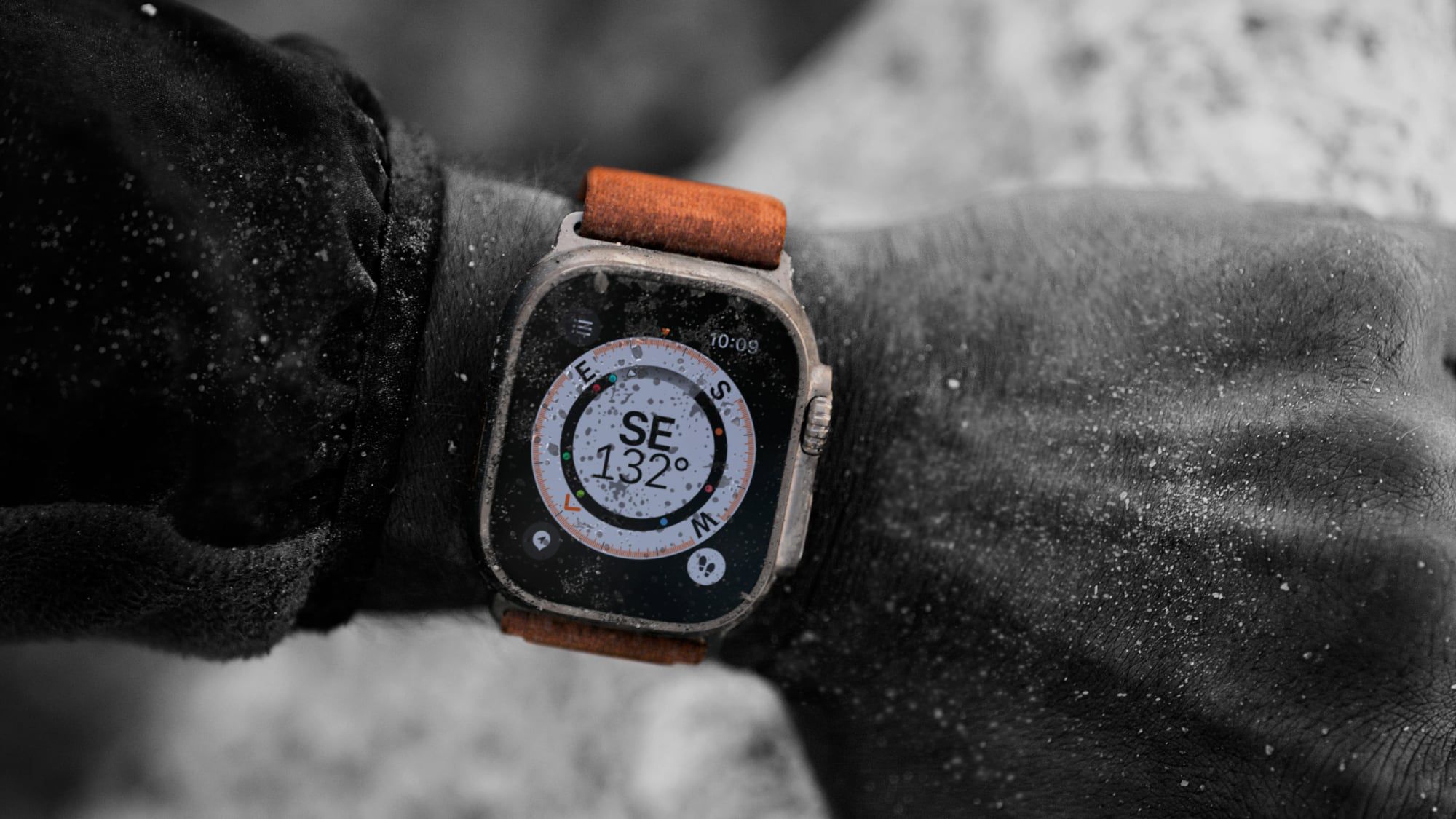Apple is widely expected to bring a microLED display to the Apple Watch Ultra, but a new report out of Korea suggests the company may not have the supply chain configured early enough to launch the device by 2026.

Throughout last year, Taiwanese research firm TrendForce predicted a 2026 launch timeframe for the device. That’s later than several other sources, which have centered on 2025. However, according to The Elec, problems relating to high manufacturing costs and production yields remain the biggest obstacles to mass production of the microLED Apple Watch Ultra and could even delay the release beyond 2026.
Apple has reportedly been working on custom microLED display technology for almost a decade. The advanced display offers improved brightness, color reproduction, dynamic range, viewing angles, and efficiency, making images look more like they are “painted” atop the display glass.
The current Apple Watch Ultra has a display size of 1.93-inches, whereas the upcoming microLED model is expected to feature a 2.12-inch screen. Apple’s problem is that the cost of manufacturing a screen with such a high pixel density is still considered prohibitive for a device that currently sells for $799. According to the report, simulation yields indicate a 2.12-inch screen costs as much as $150, which is four times the cost of producing the existing OLED display ($38). As a benchmark, consumer sales of products with a panel price of $150 are usually around $1,500.
For example, $150 is more expensive than it costs to make the OLED displays for the 6.1-inch and the 6.7-inch iPhone 15, which are $80 and $120, respectively. In terms of the cost of the panel right now, the microLED Apple Watch Ultra would have a higher price tag than Apple’s latest premium iPhones. The issue is so problematic that even a 2027 release for the device could be overly optimistic, claims today’s report.
Apple is said to have plans to replace all of its existing LCD, OLED, and mini-LED panels with microLED in the long term, with the technology being designed to be scaled up from the Apple Watch to the iPhone, iPad, Mac, and Vision Pro headset. The project is part of Apple’s plan to reduce its reliance on Samsung as a supplier while reaping benefits from engineering its own displays in-house. But unless the company can get all its ducks in a row on the component supply chain side, microLED adoption could still be some way off.

Jessica Irvine is a tech enthusiast specializing in gadgets. From smart home devices to cutting-edge electronics, Jessica explores the world of consumer tech, offering readers comprehensive reviews, hands-on experiences, and expert insights into the coolest and most innovative gadgets on the market.


